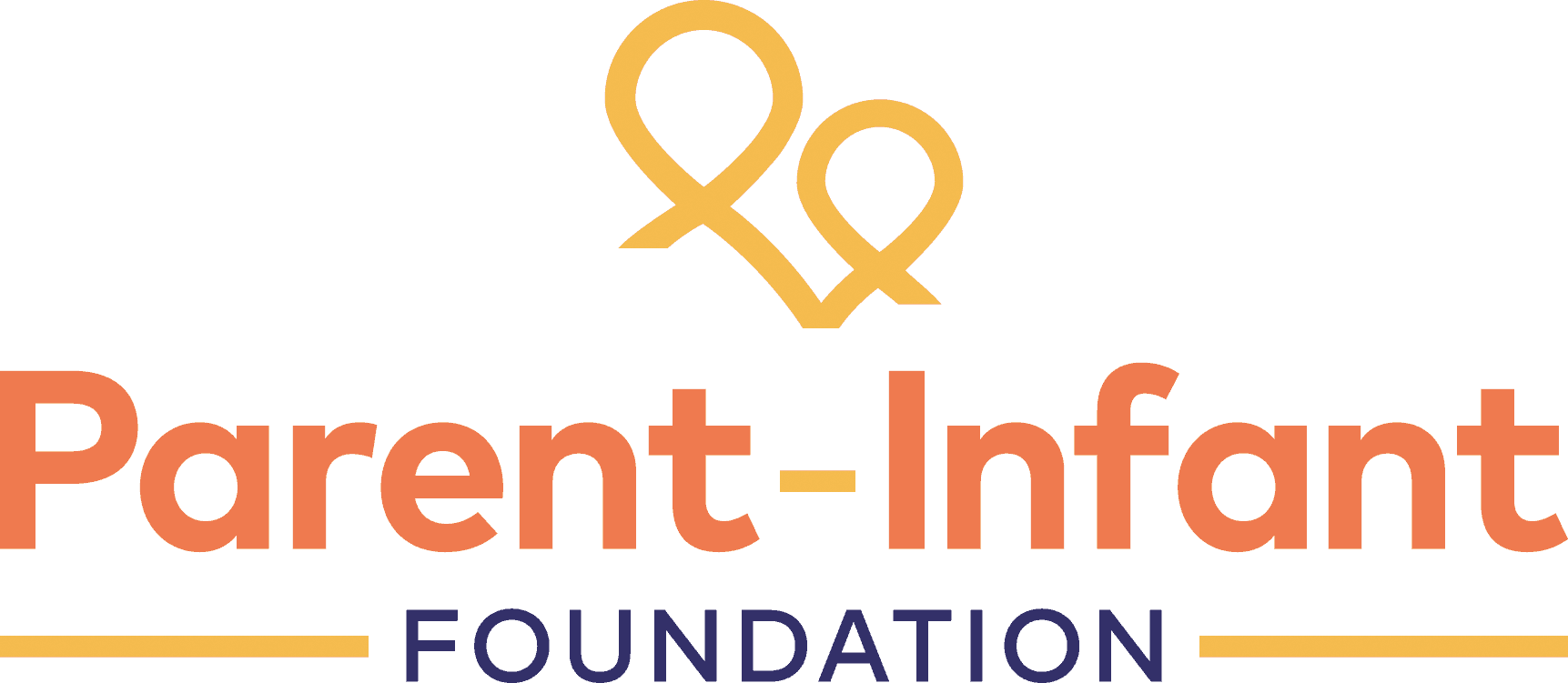First 1001 Days Movement’s response to the National Review into the murders of Arthur and Star
Today we read, with enormous sadness, the National Review of the murders of Star Hobson and Arthur Labinjo Hughes.
As a Movement that concentrates on children in the earliest years of life, our response focuses specifically on Star’s story and the way in which she was failed by our public services and public policy.
The National Review is clear that opportunities to support Star’s parents in the antenatal period might have changed the trajectory of this little girl’s life and prevented the harm she experienced. The importance of pregnancy, as a period of both vulnerability and opportunity, has been known for many years. It’s time for action to ensure that support for families begins in pregnancy.
The National Review describes how Star looked “sad” and “depressed”. We know that people working with children are often not trained to understand infant mental health, and the ways in which babies communicate their stress and distress. Without this understanding, professionals can fail to identify risks to babies. It is time to ensure that professionals are trained to look for signs of emotional and psychological harm in babies, not just for signs of physical neglect and abuse.
The report highlights the strain facing health visiting services in the UK, and highlights the risks associated with health visitors having caseloads that are too large.
It describes health visitors as “some of the few professionals likely to have “eyes on” vulnerable infants and pre-school children.” But health visitors did not have eyes on Star Hobson often enough. Her family was not seen for the antenatal health visit and her 9-12-month review was conducted through a phone call. It is not surprising that “Health visitors and nursery nurses were not aware of the extent of disruption in Star’s life…”
The UK Government has overseen the withdrawal of health visiting services. Funding to health visiting has been cut significantly, with a real terms fall £0.6bn in the Public Health Grant since 2015-16. The Office of Health Improvement and Disparities does not hold local authorities to account if they do not deliver the five mandated health visiting reviews to babies and young children. This must change.
In March 2020, the UK Government called for a “partial stop” of our health visiting services. This led to a withdrawal of these vital services, at a time when families were under tremendous stress and pressure, and our children were more invisible than ever. Even now, two years later, the Department of Health and Social Care is permitting phone calls to be counted as health visiting reviews.
The Government must act on recommendations made this week for changes to early help, children in need and child protection services. Reform of those services is vital. But the Care Review and National Panel report also make observations about the importance of universal services, which can prevent harm to children and can detect those who need additional help. Government must take action to improve these services too.
Today’s report states that – “The issue of capacity in health visiting services is a national concern and merits further attention”. Government must take this finding seriously. It is time for investment in health visiting; more support and challenge of local authorities, and action to address workforce shortages. The £300 million Start for Life programme announced last autumn is welcome, but it contains no funding for core health visiting services. More is needed.
Children’s policy in the UK is dangerously fragmented. The Department for Education will pick up the response to this week’s child protection reviews. “Start for Life” policy sits in the Department of Health and Social Care, and health visiting policy sits in another part of that Department. When policy is fragmented in this way, children fall through the gaps.
A cross-Government programme is required to ensure we have the right services and support in place – enabled by a skilled workforce and sufficient investment – to enable all babies, children and young people to be safe, healthy and able to thrive.
Radical reform is needed, not only of our child protection system, but our national approach to children and children’s policy.
